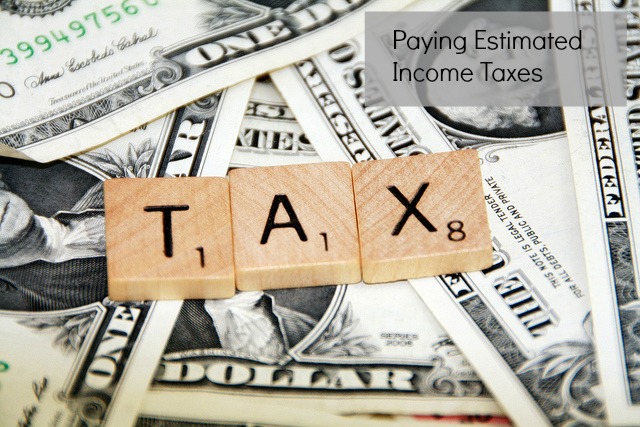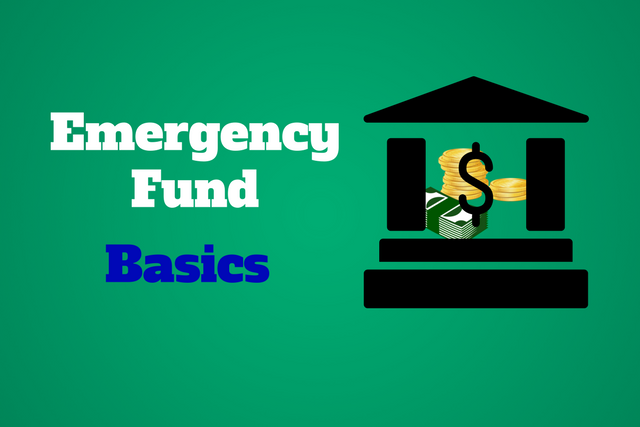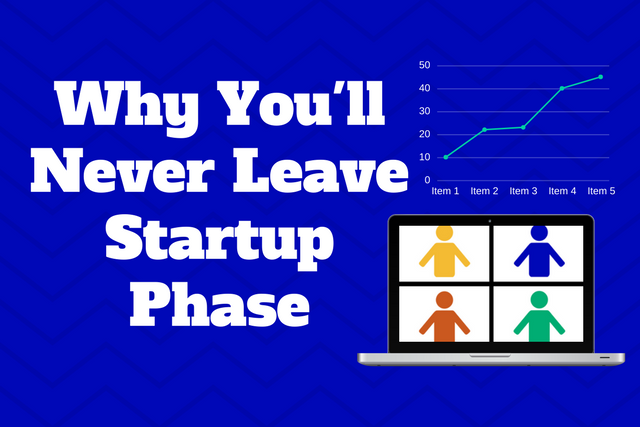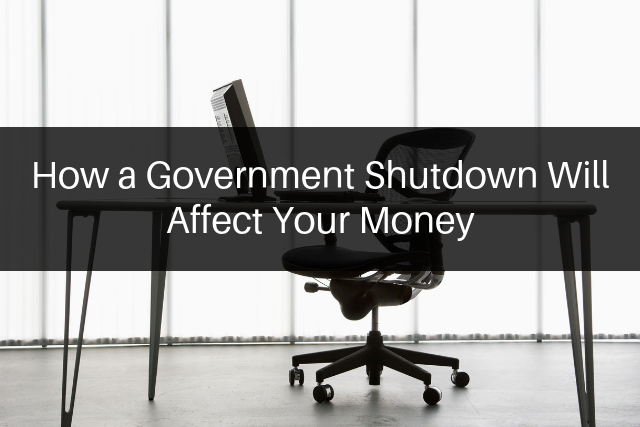Paying Estimated Income Taxes

If you’re employed by someone else you filled out a W2 or W4. The employer then deducts payroll taxes such as social security tax, medicare tax, federal income tax, state income tax etc. However, if you have a side business or are completely self-employed the government still wants their share of the money.
If you’re self-employed and have a sole proprietorship, an LLC or you are an independent contractor you have to pay estimated income taxes on your earnings. Income from interest, rent etc must also be accounted for with estimated income taxes.
There are four due dates throughout the year where you can pay your estimated income taxes. The due dates are:
- April 15th: income between January 1st – March 31st
- June 15th: income between April 1st – May 31st
- September 15th: income between June 1st – August 31st
- January 15th of following year: income between September 1st – December 31st.
Prepare to pay the taxes as you’re earning money. Depending on the amount of side income, set aside 25-30% of your earnings to pay estimated income taxes. If your business or household is strapped for cash and you’d rather keep your money throughout the year, then you risk paying a penalty.
Learn 10 key steps you need to start a business and turn a side hustle into a business.FREE EBOOK: Starting a Business Checklist Guide

The penalty can be 6-8% of the amount you owe. Yep, the government will punish you if you don’t give them your money fast enough. However, if money is tight or you ‘re in the middle of a venture and you really need to hold on to the cash then you have options to avoid the penalty. If you made less than $150,000:
- Pay 90% of the total estimated income tax due for the year.
- Pay the total amount of estimated income tax you paid for the entirety of the previous year.
However if you made more than $150,000, you must pay at least 110% of your previous year’s tax bill in estimated payments. Caution: You may still be hit with a penalty for underpaying the taxes throughout the year. It’s better to pay the quarterly installments for your estimated income taxes.
If you have many other deductions like startup costs, home office etc., you may want to consult an accountant or a tax preparer who has experience handling the taxes for individuals in your situation. It can get tricky and having a trusted expert to help you will be very beneficial. They also know of deductions that you don’t or didn’t know applied to you.
Leave your comments below and reach us on Facebook and Twitter. Photo credit: 401(k)2012







Responses